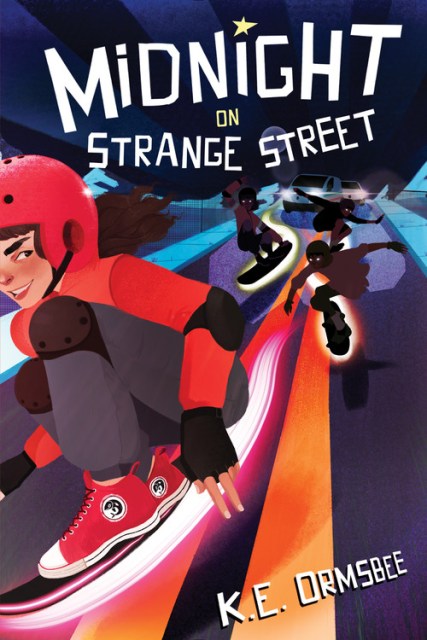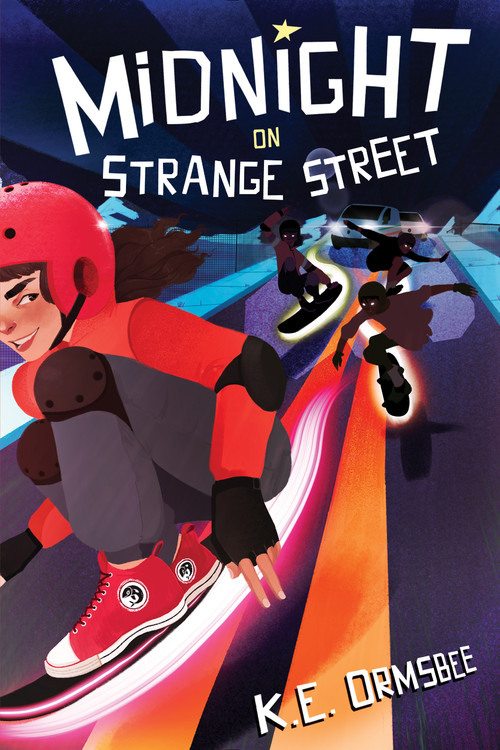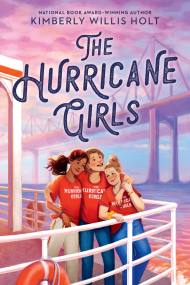Promotion
Use code MOM24 for 20% off site wide + free shipping over $45
Midnight on Strange Street
Contributors
Formats and Prices
Price
$16.99Price
$22.49 CADFormat
Format:
- Hardcover $16.99 $22.49 CAD
- ebook $9.99 $12.99 CAD
This item is a preorder. Your payment method will be charged immediately, and the product is expected to ship on or around January 21, 2020. This date is subject to change due to shipping delays beyond our control.
Also available from:
A tight-knit group of friends discovers their powers…
AVERY MILLER is looking for a fresh start, away from all the bomb sirens and talk of war in Los Angeles. She expects to find a haven in Callaway, Texas, where the cool new substance “glow” was first discovered. What she doesn’t count on is making friends with glowboard skaters Dani, Bastian, and Lola, AKA the Sardines?
AVERY MILLER is looking for a fresh start, away from all the bomb sirens and talk of war in Los Angeles. She expects to find a haven in Callaway, Texas, where the cool new substance “glow” was first discovered. What she doesn’t count on is making friends with glowboard skaters Dani, Bastian, and Lola, AKA the Sardines?
DANI HIRSCH, captain of the Sardines, knows for a fact they’re the best glowboarding team in Texas — if only they could prove it. Nothing will distract Dani from leading the team to victory at this summer’s big race. Not even food explosions in the school cafeteria, or a mysterious midnight message, or the appearance of secretive government workers in Callaway?
BASTIAN GIL is sick of the bullies who tease him for being a Sardine, for being different. Sure, he and his twin sister Lola can share thoughts. That’s just twin telepathy, though — nothing too weird, right? But when Bastian finds he can do even stranger things, he starts to wonder if maybe he really is different from the other kids at school?
LOLA GIL wants life to go back to normal, to a time before big glowboard races and government investigations. But the more the Sardines discover about themselves — like how they can share thoughts and move objects with their minds — the more Lola begins to fear there was never anything normal about her. In fact, she and the Sardines might be dangerous?
When the Sardines receive an ominous, otherworldly message, they must decide if they’ll use their newfound powers to stop an impending disaster — one that could have more to do with the war, their bullies, and glowboarding than they can possibly imagine.
Genre:
- On Sale
- Jan 21, 2020
- Page Count
- 400 pages
- Publisher
- Little, Brown Books for Young Readers
- ISBN-13
- 9781368047685
Newsletter Signup
By clicking ‘Sign Up,’ I acknowledge that I have read and agree to Hachette Book Group’s Privacy Policy and Terms of Use







